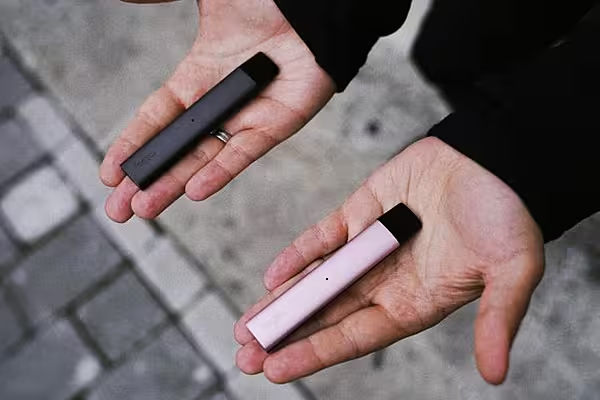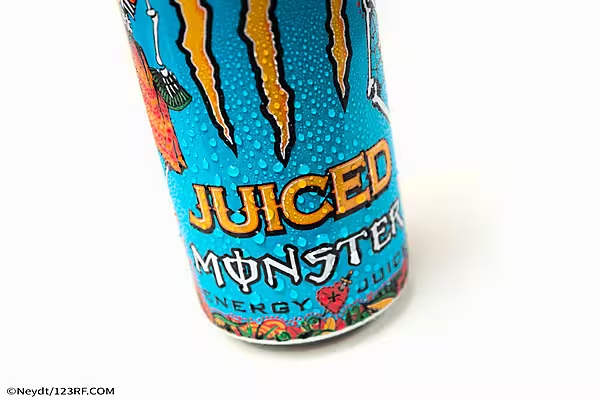Big Tobacco is spending billions of dollars to develop products that could move the industry beyond cigarettes. The problem is that health experts and regulators aren’t buying it.
The latest setback came Thursday, when a US Food and Drug Administration advisory panel said Philip Morris failed to show that its iQOS device, which heats tobacco to a lower temperature than a lit cigarette, cuts the risk of tobacco-related ailments.
That could prevent the company from marketing iQOS as a healthier alternative to cigarettes, even if it’s approved for sale in the US.
Even with smoking in decline and FDA commissioner Scott Gottlieb proposing restrictions on nicotine levels, lingering concerns over the health effects of vaping and Big Tobacco’s toxic reputation threaten the transition to alternatives like e-cigarettes and iQOS, according to Tim Phillips, managing director of researcher ECigIntelligence.
“The black cloud of tobacco hangs over this whole sector," Phillips said. “The perception of risk among consumers is the biggest barrier to it going mainstream.”
High Bar
Outside the US, iQOS is already available in more than two-dozen countries. The FDA’s final verdict will be closely watched by executives at British American Tobacco, which is conducting clinical trials in preparation for a US application to sell a rival product, Glo, with health claims.
iQOS has already captured 12% of Japan’s entire tobacco market.
“We are confident in our ability to address the valid questions raised by the committee with the FDA as the review process for our application continues,” Philip Morris spokesman Corey Henry said in an emailed statement after the FDA panel’s decision was released.
Enduring Struggle
The FDA hasn’t approved any of the dozens of so-called “modified risk tobacco product” applications it has received.
Its most notable rejection came in 2015, when it turned down Swedish Match’s application to be allowed to advertise snus, little pouches of moist tobacco that are placed beneath the user’s upper lip, as less harmful than smoking.
Almost half of 31,269 US adult smokers surveyed last year by the University of Pittsburgh said they believed vapour products are at least as risky as cigarettes. In the UK, the second-biggest e-cigarette market after the US, that proportion stands at 26%, according to a survey by Action on Smoking and Health, a British charity. In both countries the numbers are rising.
UK regulators have embraced e-cigarettes more fervently than any other national authority and are reviewing whether to lift a prohibition on e-cigarette manufacturers claiming their products are safer than cigarettes.
Public Health England, an advisory body, said that based on the available scientific evidence there is a 95% chance that e-cigarettes are less harmful than regular cigarettes.
Yet at least 27 countries, from Brazil to the United Arab Emirates, have heeded a World Health Organisation recommendation to prohibit the sale of e-cigarettes, which the Geneva-based agency has said could be a gateway to conventional tobacco use.
Many public health professionals abhor the prospect that the tobacco industry - after years of concealing smoking’s harms - might profit from its demise, according to Derek Yach, head of Foundation for a Smoke-Free World, which is part-funded by Philip Morris.
They also believe Philip Morris and BAT are happy to just carry on selling cigarettes, something the industry denies.
“We have every reason to want this transition to happen as soon as possible,” Kingsley Wheaton, BAT’s head of the Americas and Sub-Saharan Africa, said in a phone interview. “But our voice is only credible to a point.”
News by Bloomberg, edited by ESM. Click subscribe to sign up to ESM: The European Supermarket Magazine.














